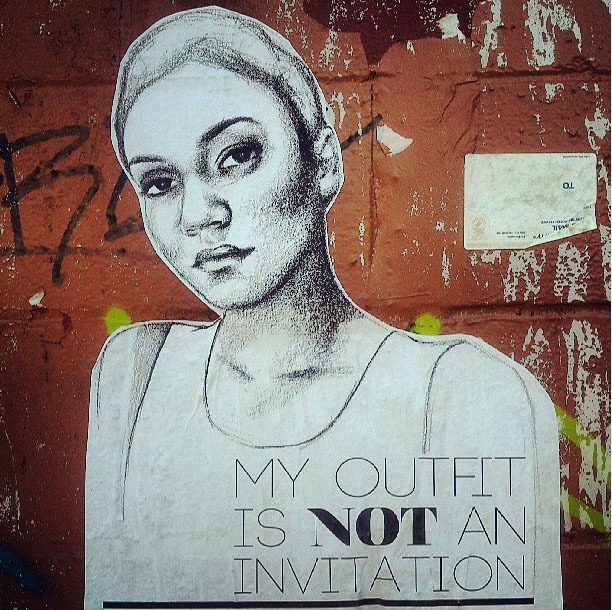Our friend Kara Lieff, Temple University student, made another video about street harassment, “Meet Us on the Subway.”
She writes, “On April 13, 2013 Philadelphia organizations and community members participated in International Anti-Street Harassment Week. The day consisted of sidewalk chalking, discussing HollabackPhilly’s new SEPTA ads, and a debrief in LOVE Park. Three months after the event, we should still be talking about these issues. What do you think?”
Meet Us on the Subway – Part I from Kara Lieff on Vimeo.


